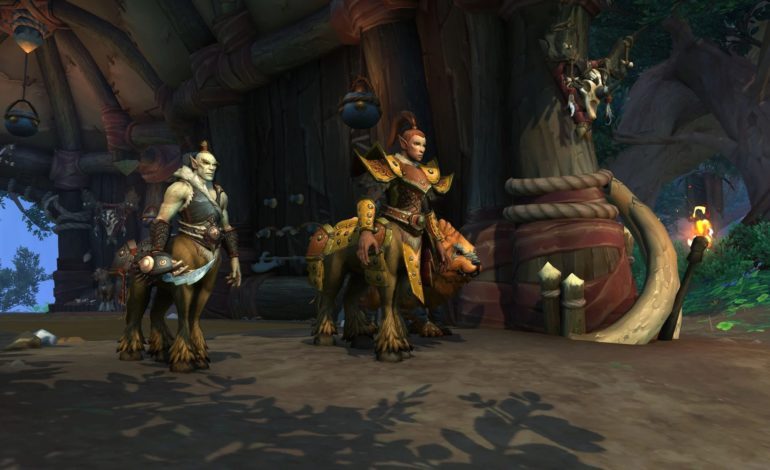

The Security and Exchange Commission announced Friday in a press release that it had reached a settlement with Activision Blizzard, and that the video game company would agree to a cease-and-decease order and pay the SEC a fine of $35 million for the violation of SEC whistleblower protection rules and the failure “to maintain disclosure controls and procedures” related to managing complaints of workplace misconduct.
Activision Blizzard, most notably recognized for developing the Call of Duty and World of Warcraft franchises, has been blasted by allegations of sexual harassment, discrimination, and other general workplace misconduct since reports by the Wall Street Journal back in 2021. Activision Blizzard has continuously denied these allegations, and responded today in a statement expressing pleasure that they could come to a resolution:
“As the order recognizes, we have enhanced our disclosure processes with regard to workplace reporting and updated our separation contract language. We did so as part of our continuing commitment to operational excellence and transparency. Activision Blizzard is confident in its workplace disclosures.”
This settlement concludes the SEC’s investigation that has been ongoing since 2021. The SEC shared that between 2018 and 2021, “the company’s management lacked sufficient information to understand the volume and substance of employee complaints about workplace misconduct and did not assess whether any material issues existed that would have required public disclosure.” Additionally, there was a separate issue between 2o16 and 2021 where Activision Blizzard violated a whistleblower protection rule “by requiring former employees to provide notice to the company if they received a request for information from the Commission’s staff.” In combination, the SEC’s order found that Activision Blizzard violated the Exchange Act Rules 13a-15(a) and 21F-17(a).
This news also comes at the head of Microsoft’s planned acquisition of Activision Blizzard, a supposed $69 billion deal which has sparked lawsuits from concerned gamers and an outright objection from the European Commission.
Play games, take surveys and take advantage of special offers to help support mxdwn. Every dollar helps keep the content you love coming every single day.

